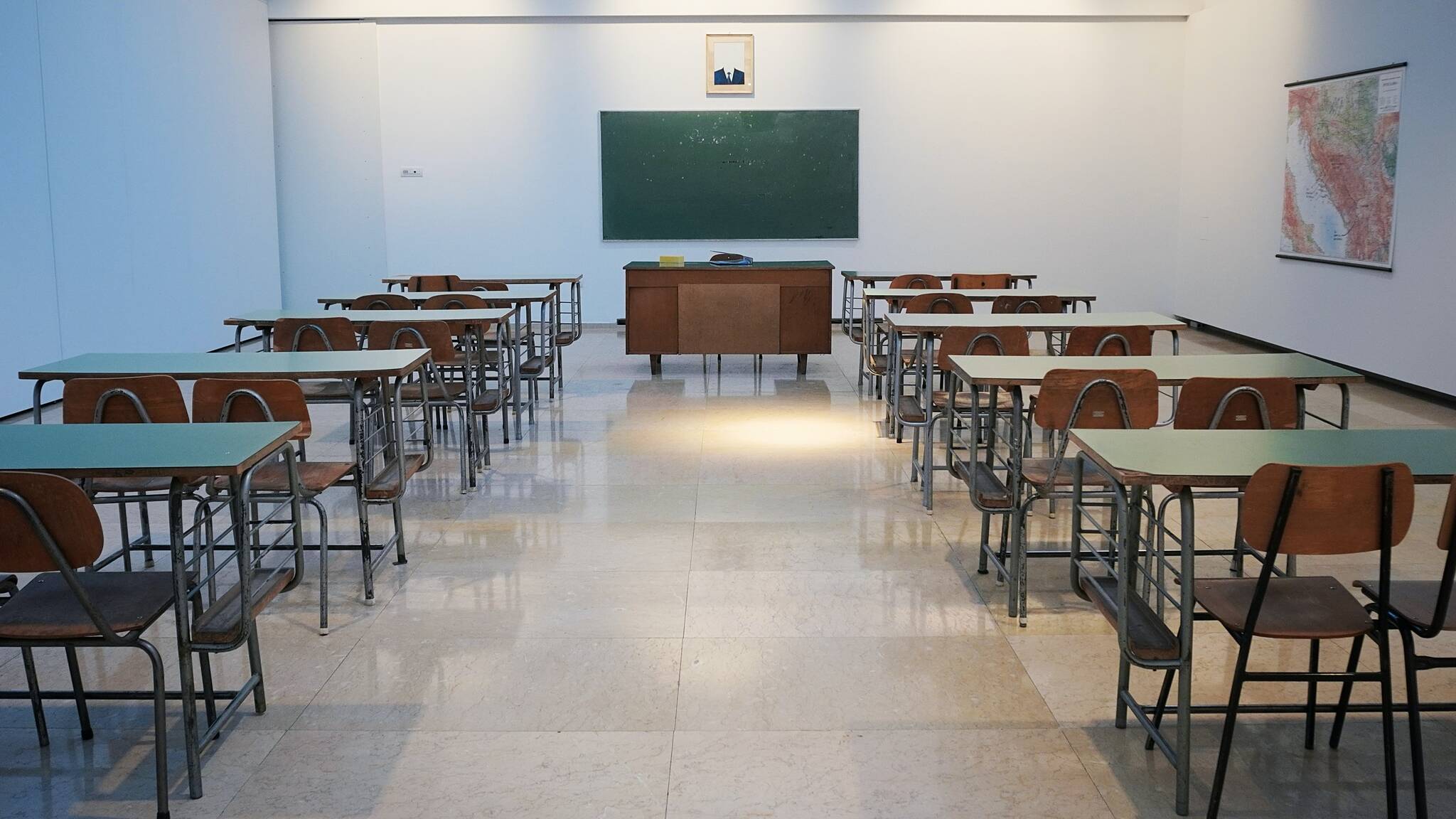By Mike Bronson, Roz’lyn Grady-Wyche and Danyelle Kimp
It’s budget time and government leaders again are announcing their good intentions for public schools. Here’s a cautionary guide to their messages.
For example, the governor said in December that his proposed budget will fully fund public schools as a high priority. By full funding, he means the legal minimum. In January, he said he wanted a focus on school outputs, the worst in the nation. Indeed, since he became a legislator in 2013 and then governor, teachers have left in droves and class sizes in Alaska have jumped way above the U.S. average. In his time in Juneau, Alaska’s school reading and math results have also plummeted to new lows. The amount that the governor now proposes for the schools’ core foundation funding is down from recent costs by enough to pay for 500 teachers. What you don’t hear from the governor is his accountability for school outputs on his watch.
Michael Johnson, state education commissioner since 2016, says his mission is an excellent education for every student. He also says Alaska is challenged by one of the largest achievement gaps in the country and ranks lowest nationally in reading and math scores. Additionally, only 38% of high school graduates go on to further education, the lowest rate in the U.S. and falling. In response to that deterioration, Johnson’s education department offers various reports and recommendations to schools.
The result is a continuing slide of reading and math scores that began well before COVID-19. Johnson and the state board of education have not managed to lead the deployment of instruction at scales capable of letting 80,000 public school students rise to state standards. You won’t hear state leaders taking accountability for students’ proficiency.
Even before math and reading scores crashed, Judge Gleason had made it clear in Moore v. Alaska 2007 that a chief constitutional duty of the Legislature was to maintain public schools that offered a meaningful opportunity to achieve proficiency. School districts are merely agents of the Legislature, she said. Now, with low scores showing that math and reading instruction is inadequate, some legislators are speaking up for the court’s recommendations, namely for quality pre-kindergarten, smaller classes and stronger K-12 teaching faculties.
However, most legislators can’t even tell you what constitutionally adequate schools look like because they haven’t done a study in twenty years. Furthermore, some legislators told us they’re not accountable for school performance anyway.
We predict that only when you hear the governor and legislators say, “You can hold me accountable for results,” will you see gains in school outputs.
• Mike Bronson, Roz’lyn Grady-Wyche and Danyelle Kimp volunteer with the National Association for the Advancement of Colored People in Anchorage. Columns, My Turns and Letters to the Editor represent the view of the author, not the view of the Juneau Empire. Have something to say? Here’s how to submit a My Turn or letter.

